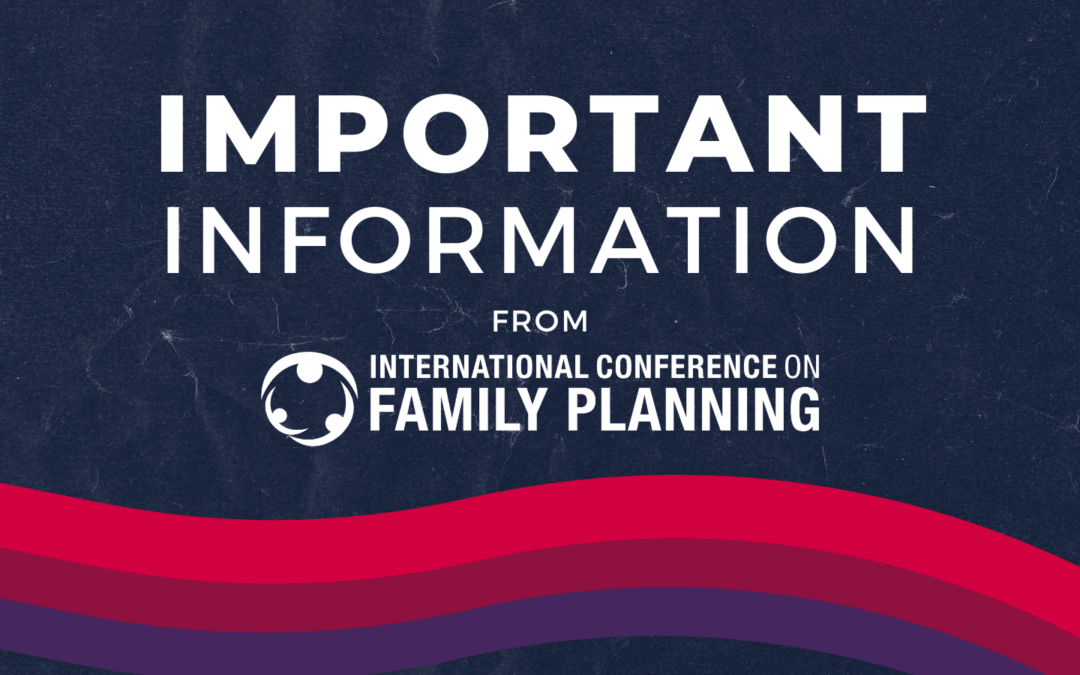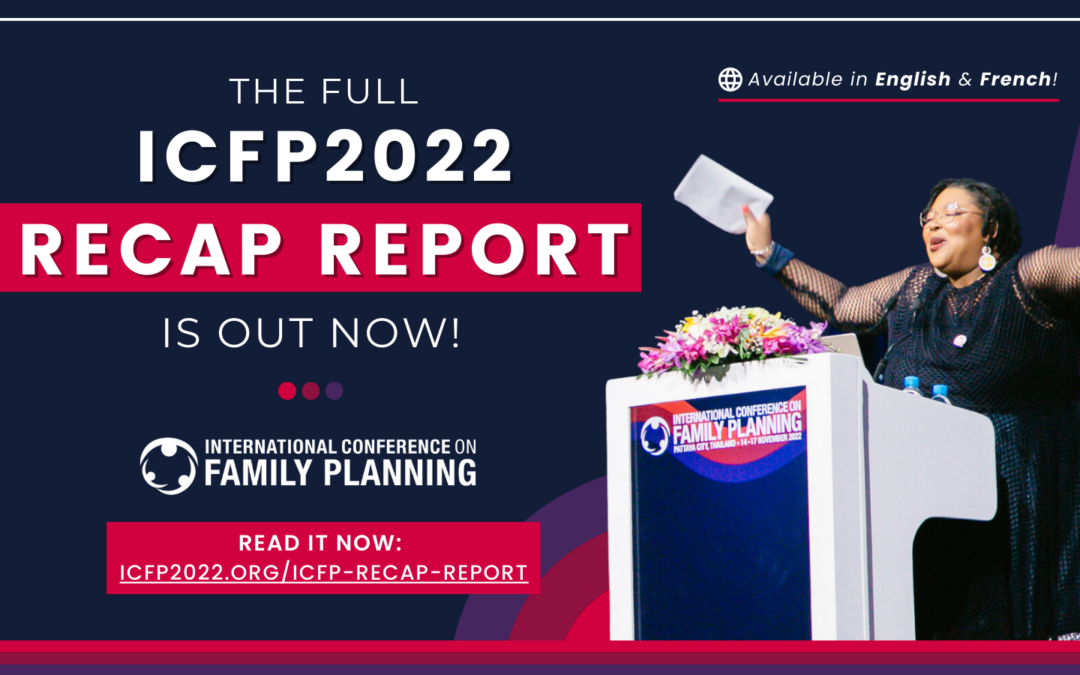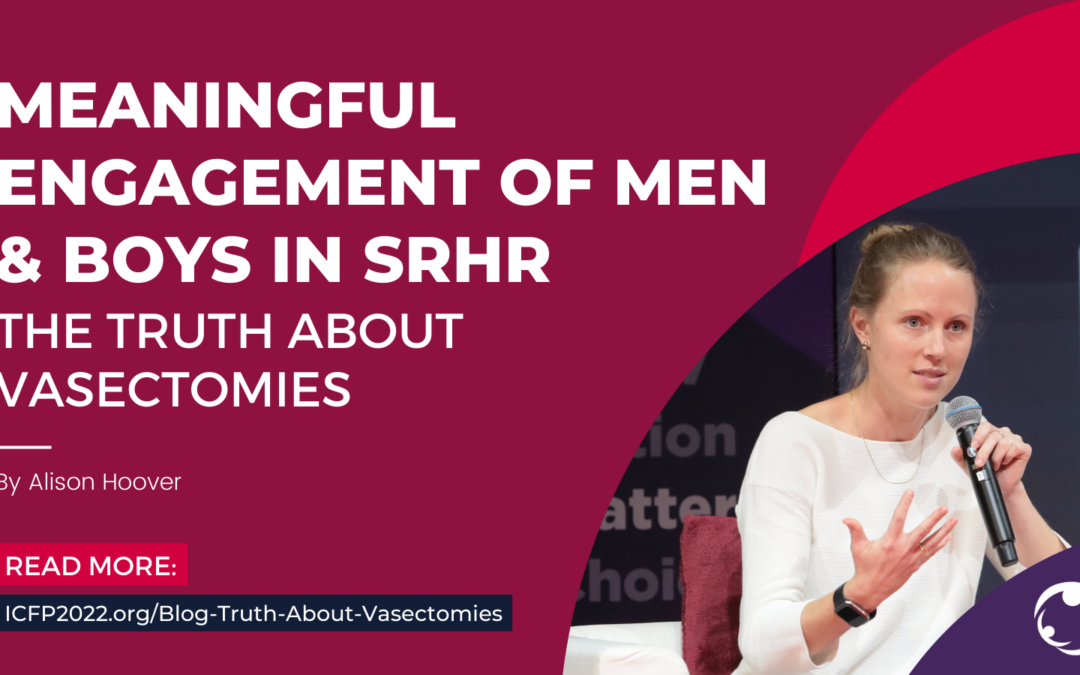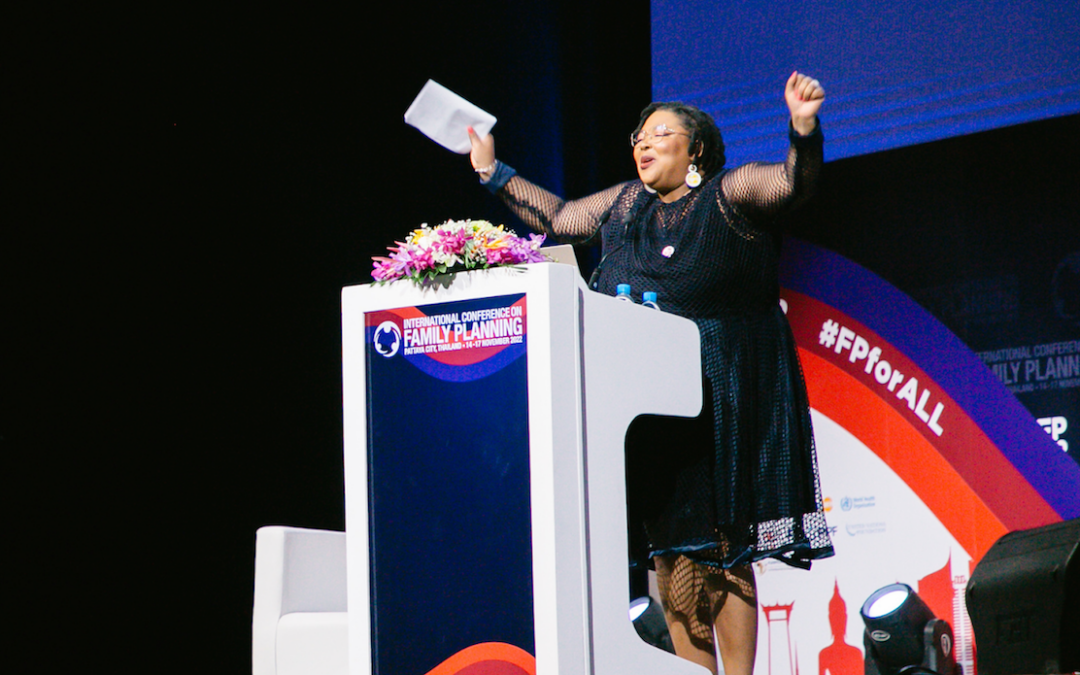By Megan Christofield, MPH, Technical Advisor for Family Planning, Jhpiego
At a time of unprecedented importance for women’s health and rights, I am heartened to see how the global family planning community is working together as never before to ensure women are able to plan if and when to have a child—to live the lives they have dreamed for themselves.
Our efforts are paying off and revealing what is possible when we come together around common problems. A prime example of this is the global effort to increase access to postpartum family planning (PPFP). Over the past decade, the family planning and maternal health communities have amassed an impressive body of evidence and experience, with governments, advocates, and technical experts rallying around a shared set of aspirations and commitments.
The potential—and stakes—are enormous: the first 23 months postpartum, particularly the first few months, is when women experience the highest unmet need for family planning. Offering their preferred method right after they deliver can be a safe, convenient, and highly effective way to meet this need.
As PPFP goes to scale, we are also revealing where we might be missing vital opportunities. Notably, our understanding of PPFP mostly stems from experience in the public health care sector. When it comes to the private sector, our insights are much more limited.
Generally, the workings of private health care sector are more enigmatic—we know surprisingly little about how to leverage often devolved governance structures, and how lifesaving interventions fit within a context driven by market forces. How can we claim a commitment to accelerating access to PPFP if we do not confront our own knowledge gaps regarding its commercial viability?
With this question in mind, Jhpiego has launched the Postpregnancy Family Planning Choices project, with support from the Bill & Melinda Gates Foundation and MSD for Mothers. This project is a novel implementation research study, focused on Kenya and Indonesia, that aims to assess and address barriers to PPFP provision and uptake in both the public and private sectors—sharpening our understanding of PPFP in the public sector while also charting new waters in the private sector. Of particular interest is how to increase PPFP access to women before they even leave the delivery facility.
Both Kenya and Indonesia share an interest in making universal access to PPFP a reality and rely on the private sector for a significant proportion of delivery services. In Kenya, nearly 25% of facility deliveries are taking place in private sector facilities, while in Indonesia that number is close to 73%.
Our assessments in these countries are yielding some surprising and enlightening insights.
First, we cannot rely on what we think we know about PPFP to make inroads in the private sector. Our understanding of user patterns and supply-side determinants will only take us so far.
For example, this study has revealed that clients who choose to access care in the commercial private sector value personal connection and continuity with their health care provider over the depth and breadth of services offered. Therefore, the mere offering of PPFP in and of itself may not offer private practices the business edge they seek, that is, unless it’s offered within the personalized care experience so many private sector clients desire.
Secondly, we cannot rely on altruism— or heavy oversight structures—as a motivator for commercial private facilities to provide PPFP. We must empathize with their business and operational realities in order to set forth a value proposition for PPFP in their work.
Consider, for example, unintentional disincentives in Indonesia, such as financing structures, that bundle family planning and delivery reimbursements. Such structures force business owners to lower or completely eliminate their profit margins when providing PPFP immediately after delivery—advocates have fought this very issue for years with Medicaid in the United States. To compound the situation, private sector health care workers in low- and middle-income countries are often bypassed for government-sponsored capacity-building opportunities or have to pay their own way to secure PPFP training.
The picture is equally lacking when it comes to facilities’ relative access to commodities and supplies.
In Kenya, our assessment showed that half as many private facilities as public have a reliable supply of the instruments needed for contraceptive provision. In Indonesia, private facilities have access to the same commodities system as do public facilities, but facility owners report that they find the system too onerous. They prefer instead to purchase privately-branded methods and sell them at a premium to patients in order to recoup on their minimal margins.
We may not have found any silver bullet solutions to these problems yet—in fact, a silver bullet likely would be ill-matched to the complexity of this challenge. These are stubborn and often opaque issues that will require all of us to dig deeper and step well beyond our comfort zone.
To accelerate progress and expand access to PPFP, we must address our private sector “blind spot.” To do otherwise is to ignore a major piece of the PPFP puzzle we are all working so hard to solve.
In beginning to ask these questions, Jhpiego is excited to build on our learning and expertise in PPFP and tackle private sector engagement in Kenya and Indonesia. By allowing our research to determine where we need to go next, we see some amazing new doors opening for us to stretch and grow our understanding of where we, as health and development professionals, can best lean in.
Ultimately, women and girls will—and should—make their own choices to enable them to lead the lives they envision for themselves. By ensuring they have access to a full range of contraceptive options, we can help create a context where this is possible.
Megan Christofield, MPH, is a Technical Advisor for Family Planning at Jhpiego with over a decade of global health experience.
MSD for Mothers is MSD’s 10- year $500 million initiative to help create a world where no woman dies giving life. MSD for Mothers is an initiative of Merck & Co., Inc., Kenilworth, N.J., U.S.A.





